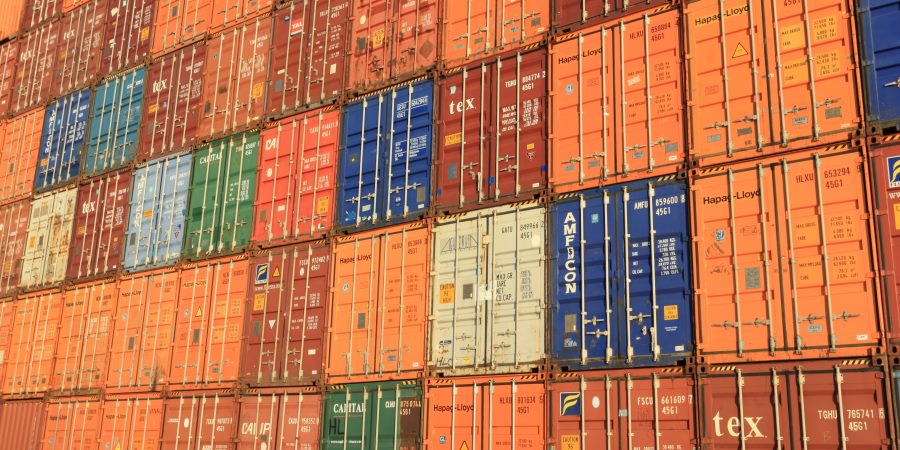The growth of the discount and convenience store sector is not only eroding major retailers’ market share, it could now come at a cost to suppliers, according to new research.
A study by supply chain and logistics consultancy, SCALA, has found that traditional major retailers’ share of product volumes has declined in recent years – with volumes down nearly 5% since 2015.
The erosion is said to be a result of the emerging growth of discount retailers, which are expected to see an increase of 49.8% to their value over the next five years, due to customer demands for affordable convenience.
Convenience stores are also expected to see a healthy growth in value (17.7% by 2022), as they leverage their appeal to younger shoppers and those looking for food-on-the-go.
In contrast, traditional supermarkets are only set to see a value increase of 5.9% over the next five years.
Dave Howorth, director at SCALA, said: “The retail landscape is changing – no longer is it dominated by the ‘big four’, as discount and convenience retailers have emerged from the shadows following changing consumer loyalties and preferences.
“Discount retailers, in particular, have seen monumental growth over the past decade, with chains such as Aldi and Lidl gaining more market share to challenge those at the top.”
What does this mean for suppliers?
The UK Logistics Report found that major retailers are responding to the threat from the discounters by seeking benefits from consolidation, which again is impacting the supply chain sector.
Dave Howorth continued: “The major retailers have, for some time, been looking at what the discount retailers do well and have initiated processes to rationalise product ranges and simplify their businesses to better manage their costs.
“The recent Sainsbury’s/Asda merger and the tie-up between Tesco and Carrefour highlights this innovative approach to making cost reductions, but the resulting impact to manufacturers could be detrimental.”
Howorth believes this, alongside products increasingly becoming absent from retailers’ shelves, could cause difficulties for suppliers that become viewed as ‘redundant’ in the not-too-distant future.









